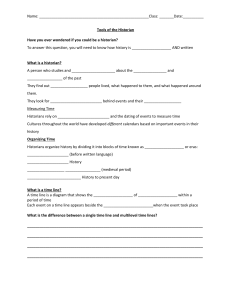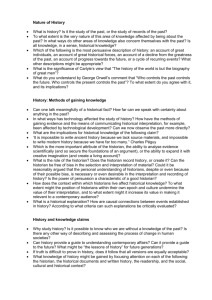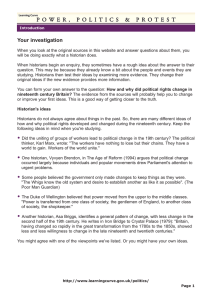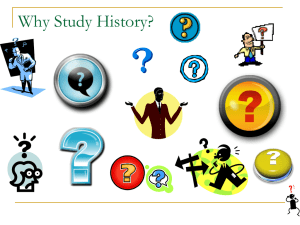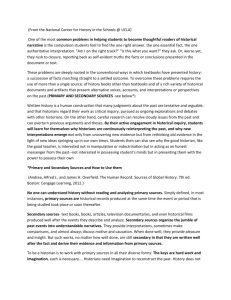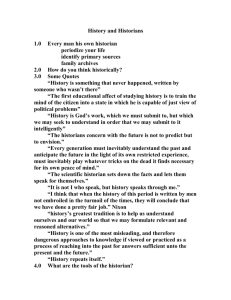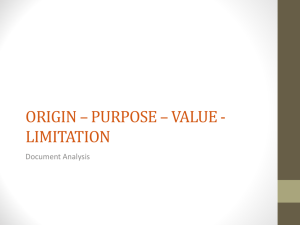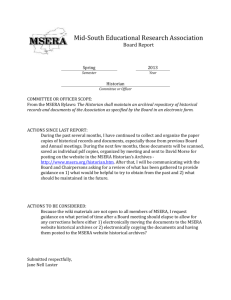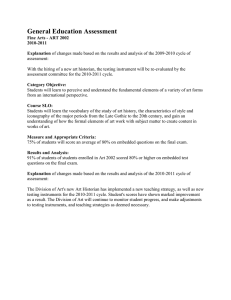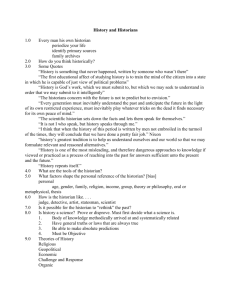History TOK Questions: Exploring Knowledge & Values
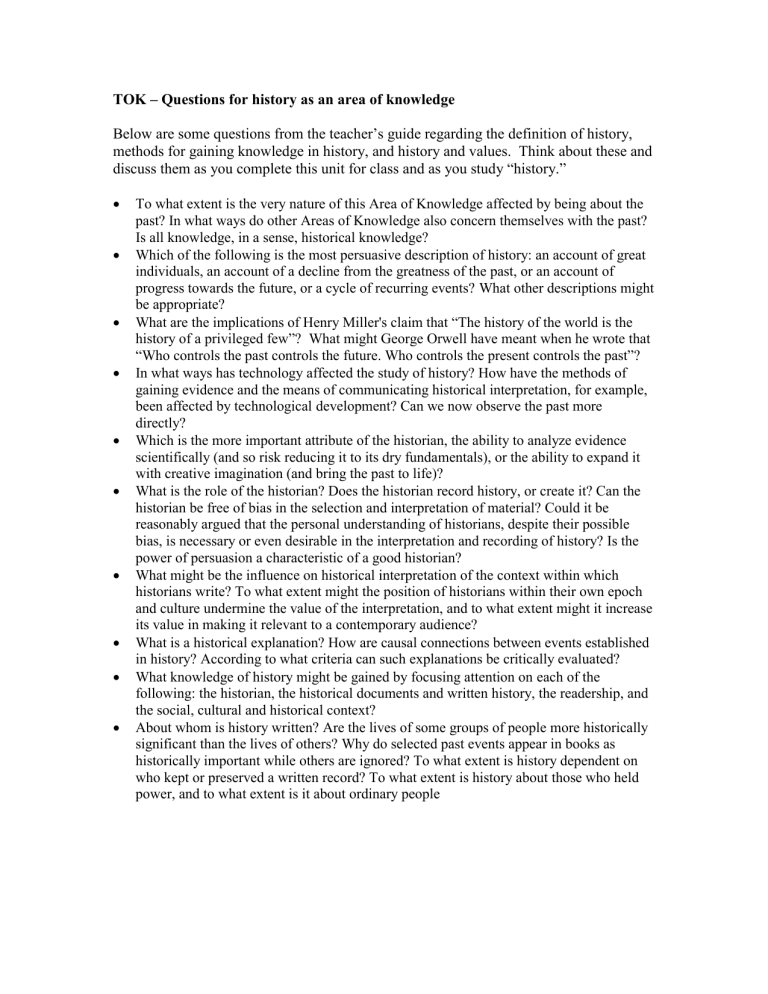
TOK – Questions for history as an area of knowledge
Below are some questions from the teacher’s guide regarding the definition of history, methods for gaining knowledge in history, and history and values. Think about these and discuss them as you complete this unit for class and as you study “history.”
To what extent is the very nature of this Area of Knowledge affected by being about the past? In what ways do other Areas of Knowledge also concern themselves with the past?
Is all knowledge, in a sense, historical knowledge?
Which of the following is the most persuasive description of history: an account of great individuals, an account of a decline from the greatness of the past, or an account of progress towards the future, or a cycle of recurring events? What other descriptions might be appropriate?
What are the implications of Henry Miller's claim that “The history of the world is the history of a privileged few”? What might George Orwell have meant when he wrote that
“Who controls the past controls the future. Who controls the present controls the past”?
In what ways has technology affected the study of history? How have the methods of gaining evidence and the means of communicating historical interpretation, for example, been affected by technological development? Can we now observe the past more directly?
Which is the more important attribute of the historian, the ability to analyze evidence scientifically (and so risk reducing it to its dry fundamentals), or the ability to expand it with creative imagination (and bring the past to life)?
What is the role of the historian? Does the historian record history, or create it? Can the historian be free of bias in the selection and interpretation of material? Could it be reasonably argued that the personal understanding of historians, despite their possible bias, is necessary or even desirable in the interpretation and recording of history? Is the power of persuasion a characteristic of a good historian?
What might be the influence on historical interpretation of the context within which historians write? To what extent might the position of historians within their own epoch and culture undermine the value of the interpretation, and to what extent might it increase its value in making it relevant to a contemporary audience?
What is a historical explanation? How are causal connections between events established in history? According to what criteria can such explanations be critically evaluated?
What knowledge of history might be gained by focusing attention on each of the following: the historian, the historical documents and written history, the readership, and the social, cultural and historical context?
About whom is history written? Are the lives of some groups of people more historically significant than the lives of others? Why do selected past events appear in books as historically important while others are ignored? To what extent is history dependent on who kept or preserved a written record? To what extent is history about those who held power, and to what extent is it about ordinary people
